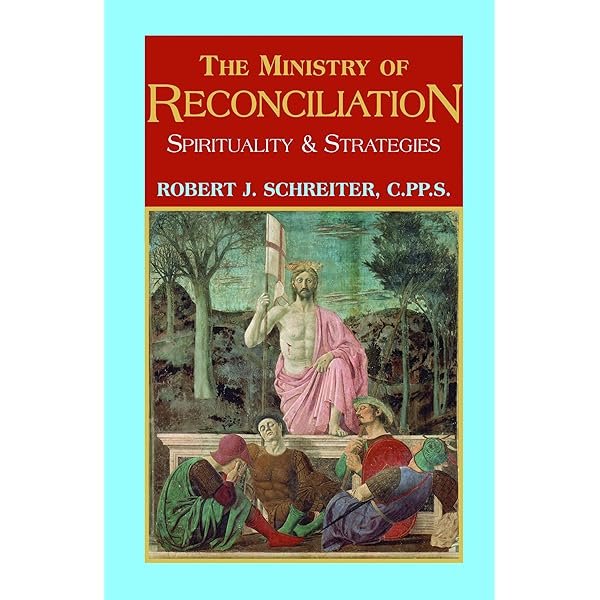94 Calls to Action. How Are We Doing?
On Monday, September 30, we will celebrate the National Day for Truth and Reconciliation. This day provides an opportunity to consider what progress we are making in remedying the harm caused by the policies and practices of settlers, and in creating a climate of respect and friendship among all of us.
In December 2015, on the eighth anniversary of the final report of the Truth and Reconciliation Commission, a Canadian Government statement asserted that over 85% of the 94 Calls to Action involving the Government were completed or well underway. However, according to Indigenous Watchdog, only 11 of the Calls to Action were completed and 39 were “in progress.” At this time, seventeen years after the Truth and Reconciliation Commission’s report, there are still many of the 94 Calls to Action that have not been completed.
I suggest that we look beyond the 94 Calls to Action in assessing progress on rectifying the imbalance concerning the wellbeing of Indigenous people in Canada. We still have indicators that all is not well in our quest to reconcile relationships between our Indigenous and non-Indigenous populations. However, in weighing progress on completion of the 94 Calls to Action, the prevalence of problems such as higher rates of incarceration, and reports of abusive treatment in hospitals of Indigenous persons contrast with indications that Indigenous members of our country are making significant progress as respected citizens, and that relationships between settlers and Indigenous persons are improving.
There are now many well-educated Indigenous persons who are writing books, teaching in schools and universities, negotiating land claims, providing health care services, exercising political power, and operating successful businesses. I am aware that churches no longer disparage the culture and spirituality of aboriginal people; traditional aboriginal practices are incorporated into the teachings and liturgical practices of Christian churches. Efforts to educate non-aboriginal Canadians about the history and culture of our native population have effectively improved respect and altered attitudes. Schools and colleges have been making consistent efforts to welcome Indigenous students and provide any services needed to support academic and social success.
We still have many hurdles to overcome in our quest to treat all aboriginal citizens with respect and to resolve issues such as economic disparity, settlement of claims for compensation of past wrongs, or ill-treatment of Indigenous patients in hospitals. But such issues are publicized now, regarded as unacceptable, and stimulate action to stop harm and promote justice. There is a welcome change in attitudes towards our Indigenous neighbours and a growing population of competent aboriginal persons who will no longer tolerate being treated as second-class citizens.
Let us celebrate National Day for Truth and Reconciliation wearing our orange shirts, attending local festivities, and extending friendship to our Indigenous neighbours.
- Sister Patricia McKeon
image: Denise Bossarte @dbossarte / Unsplash




